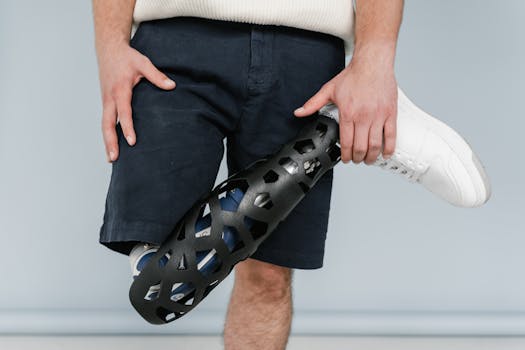
“
Innovations in Medical Technology: Past, Present, and Future
Introduction to Medical Technology
Innovations in medical technology have revolutionized the healthcare industry, transforming the way medical professionals diagnose, treat, and manage diseases. Medical technology, also known as medtech, encompasses a broad range of technological innovations, from medical devices and equipment to software and digital platforms. In this article, we will delve into the past, present, and future of medical technology, highlighting key innovations and their impact on healthcare.
Past Innovations in Medical Technology
The history of medical technology dates back to ancient civilizations, with early innovations including the development of medical instruments, such as forceps and scalpels. The 20th century saw significant advancements in medical technology, with the introduction of X-ray machines, ultrasound technology, and computerized tomography (CT) scanners. These innovations enabled medical professionals to non-invasively diagnose and treat a range of medical conditions, improving patient outcomes and saving lives.
Other notable past innovations in medical technology include the development of:
- Insulin pumps, which have improved the management of diabetes
- Pacemakers, which have enabled the treatment of heart rhythm disorders
- Prosthetic limbs, which have enhanced the quality of life for amputees
- Vaccines, which have prevented the spread of infectious diseases
Present Innovations in Medical Technology
Today, medical technology continues to evolve at a rapid pace, with innovations in fields such as artificial intelligence (AI), robotics, and nanotechnology. Some of the most significant present innovations in medical technology include:
- Telemedicine platforms, which enable remote consultations and monitoring
- Personalized medicine, which involves tailoring treatment to individual patients based on their genetic profiles
- 3D printing, which is being used to create customized prosthetics, implants, and surgical models
- Wearable devices, which are tracking vital signs and monitoring health metrics
These innovations are improving patient outcomes, enhancing the patient experience, and increasing the efficiency of healthcare services.
Future Innovations in Medical Technology
As medical technology continues to advance, we can expect to see even more exciting innovations in the future. Some of the areas to watch include:
- AI-powered diagnosis, which will enable medical professionals to diagnose diseases more accurately and quickly
- Robot-assisted surgery, which will improve the precision and minimally invasiveness of surgical procedures
- Gene editing, which will enable the treatment of genetic disorders
- Virtual and augmented reality, which will enhance patient engagement and education
These future innovations will further transform the healthcare landscape, enabling medical professionals to provide more effective, efficient, and patient-centered care.
Conclusion
In conclusion, innovations in medical technology have come a long way, from past breakthroughs to present advancements and future predictions. As medical technology continues to evolve, it is essential to prioritize patient-centered care, ensure the safe and effective use of new technologies, and address the ethical and regulatory implications of these innovations. By doing so, we can unlock the full potential of medical technology and create a brighter, healthier future for all.




